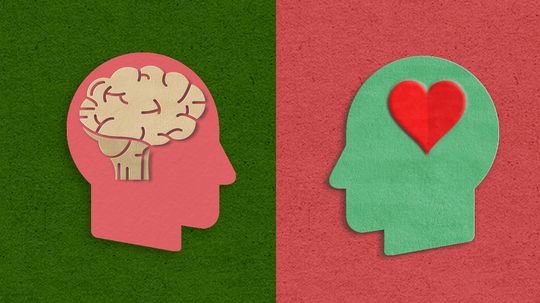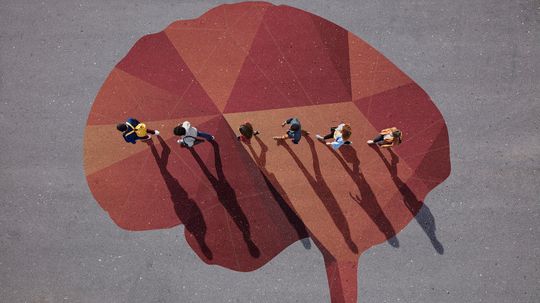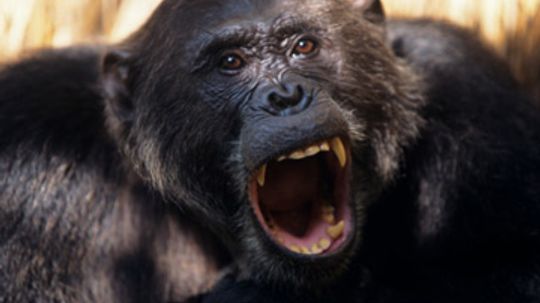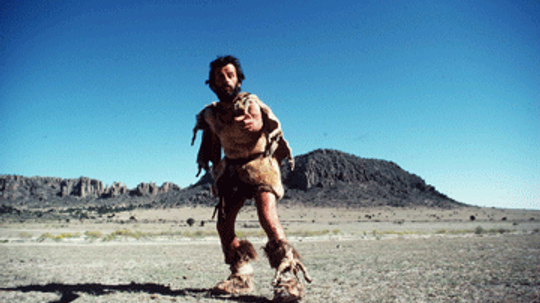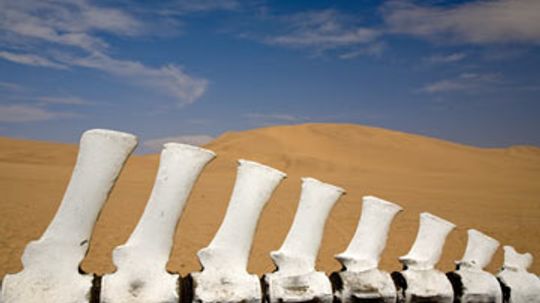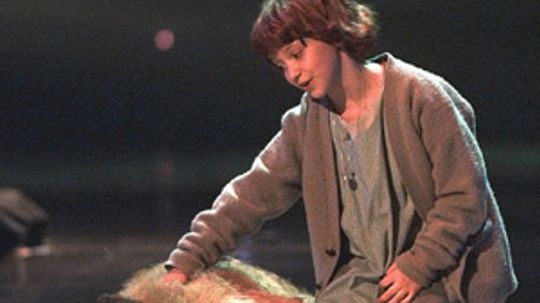Life Science
From the smallest microbe to the largest mammal, Life Science explores the origins, evolution and expansion of life in all its forms. Explore a wide range of topics from biology to genetics and evolution.
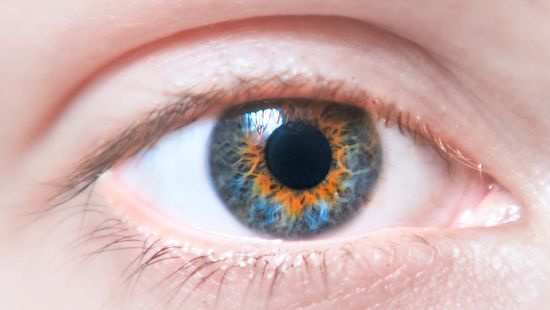
Central Heterochromia: When to Worry About Eye Color

10 Types of Noses to Spot in a Crowd
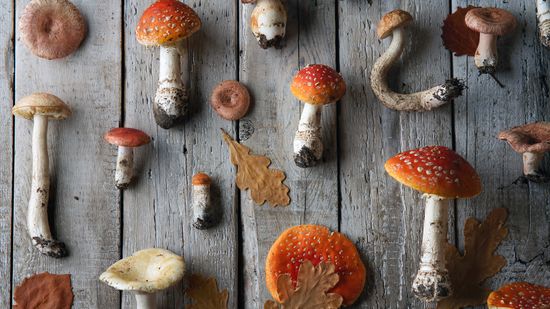
3 Major Types of Mushrooms: Edible, Wild and Poisonous

3 Types of Trees You'll Find All Over the Planet
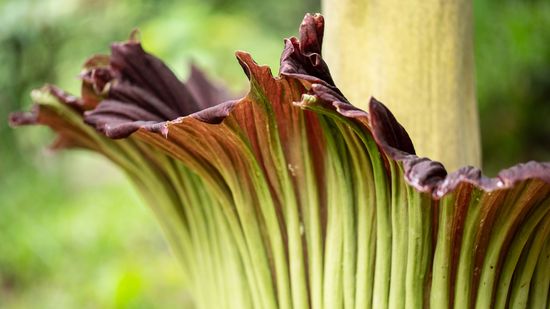
A Corpse Flower Can Grow Over 12 Feet (3.7 Meters) Tall
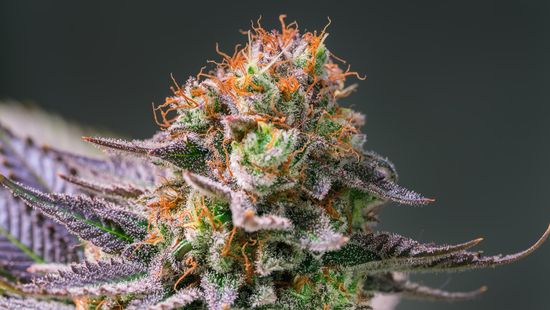
Indica vs. Sativa: How to Distinguish Between Cannabis Plants

In Vivo vs. In Vitro Trials (and Why Combining Both Is Best)

Hypertonic vs. Hypotonic Solutions: Differences and Uses

Your Phone Is a Germ Factory, So Stop Taking It to the Toilet
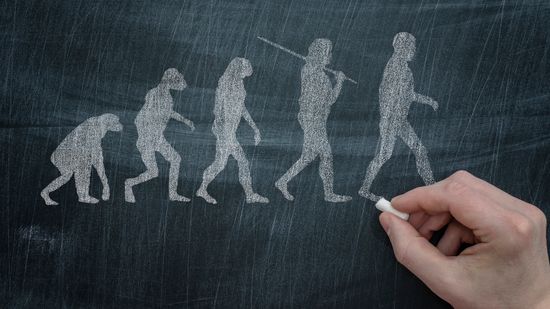
Neanderthal vs. Homo Sapien: Separate Species With Different Fates

Howstuffworks Interviews: Extinction Level Events with Annalee Newitz

What will the Earth look like in 50,000 years?
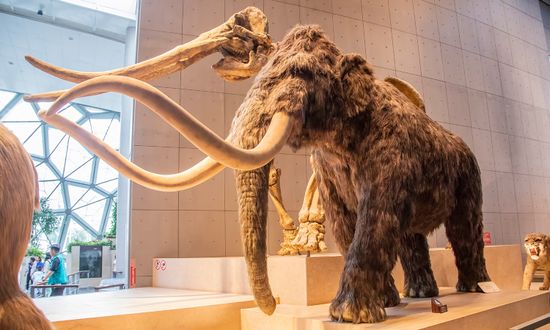
Is a Woolly Mammoth Clone Even Possible?

The Most Common Hair Color Isn't Blonde

What Is the Most Common Eye Color? Over 70% of People Have It

9 Types of Intelligence: The Many Ways to Expand Your Mind
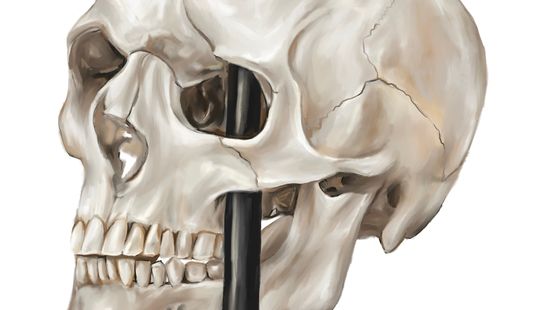
Phineas Gage and the Birth of Modern Neuroscience

Call of the Void: A Counterintuitive Form of Self-preservation
Learn More / Page 3
We've all seen "flame wars" on the Internet. Maybe we've been the victims or the perpetrators, too. But what causes people to say things online that they would never say in person?
Who doesn't want to instantly gobble up the marshmallows floating delectably on top of their hot chocolate? As it turns out, giving in to or delaying that impulse can say a lot about you -- and your willpower. Ready to see how strong yours is?
By Robert Lamb
Don't think of emotions as just "feelings." They're also the product of how your brain processes your feelings and how you respond to them.
Advertisement
When a well-timed joke or a clever cartoon tickles your funny bone, specific areas of your brain react to spread that mirth throughout your system. Can scientists use this knowledge to create a universal formula for comedy?
The human brain has a great capacity to adapt, rewire and grow. How can you help your noggin reach its ultimate potential?
The human brain can do some amazing things -- and humans can do amazing things because of it. Here are 10 of the most wondrous and unusual feats ever performed by a person's brain.
By Josh Clark
When peering thousands of years into the future, there are certain things we can count on -- evolution, extinction, plate tectonics, climate change and, quite possibly, the eruption of a supervolcano. What else does the Earth's far future hold?
Advertisement
Scientists know that the brain's reward center teaches humans that certain behaviors lead to pleasure, but what about those that lead to pain? A clue lies in the fact that pain isn't just a physical sensation, but an emotional and psychological one as well.
By Josh Clark
After scientists announced the first draft of the human genome, people began to wonder how our new understanding of DNA would change life. Several research institutes stated the accomplishment would revolutionize science and modern medicine -- but how, exactly?
What's more fun than looking at pictures of DNA and celebrities? Check out Dolly, dimples and dominant and recessive traits in this fun gallery charting how genetics play out in humans (and a few animals).
We hear news of violent acts of all sorts committed by humans every day. But how do we become violent? Is it something we learn, or are people violent at birth? And is there anything that can stop it?
Advertisement
Humans can express emotion in a variety of ways, from the written word to spoken communication. But what is it about music and art in particular that has the power to move us?
By Josh Clark
Why do we get mad when we get hit, or get sad when we're disappointed? Are the emotions we feel physical responses to our environments or manifestations of physical changes? There's a lot less debate on the subject than you'd think.
By Josh Clark
Let's assume that long ago Homo sapiens communicated by grunting at one another. How and when did all those grunting sounds evolve into a verb tenses, clauses and proper nouns?
The human brain is a mysterious little ball of gray matter, and so is that recurring dream that you're an elf. Have scientists determined why we have dreams?
Advertisement
Imagine a time in Earth's far-flung past when organisms didn't swim through the oceans or populate the lands. Even the mighty dinosaurs hadn't arisen. Will the planet ever return to that lifeless state?
By Robert Lamb
When a basketball superstar makes a 3-pointer, the multimillion-dollar paychecks go into his or her bank account. But why don't his or her parents get the glory? After all, didn't they provide the DNA that allowed for such incredible success?
We don't admit to breaking up with someone because of his looks, or that we've read our boss's private e-mails. We answer "fine" when someone asks how we are, even if we're not fine at all. Why is polite society all about the big fib?
Computers can make calculations faster than the human brain. But thinking and calculating are two different things. Can computers be programmed to think for themselves better and faster than we can?
Advertisement
When you get sick, your illness can be caused by several different factors. Learn why you get sick at HowStuffWorks.
Studies show that women are more sensitive to pain than men, despite their bodies' ability to withstand the agony of childbirth. Does social conditioning help men keep a stiff upper lip when they're hurt? Or do emotions and estrogen factor into this painful equation?
Touch can be a very powerful thing that can dredge up all kinds of intense feelings. The lightest touch in the right place can induce laughter in the most taciturn people. Why?
By Josh Clark
Think musicals are cheesy? You're not alone. But even the most cynical among us can't deny that hearing a favorite song can completely change our mood.
Advertisement
Money can buy important stuff like food and shelter, which brings a smile to anyone's face. But after you cross a certain financial threshold, how much happier can a new Jaguar and a Versace bag really make you?
People love chocolate. They eat it to drown their sorrows and to celebrate love -- some might say it's even better than sex. Chocolate clearly helps people feel good, but can it actually get you high?
By Josh Clark


